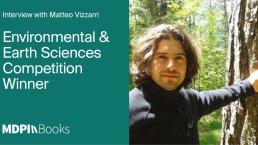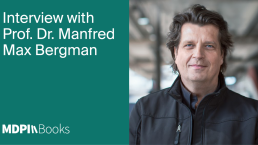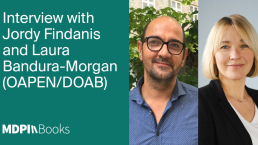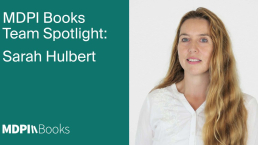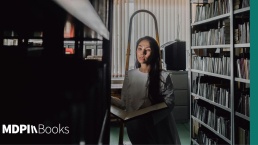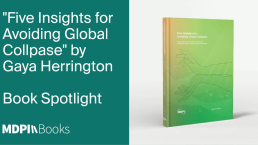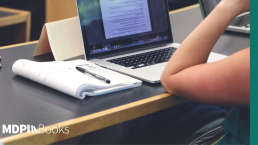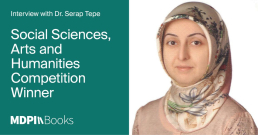
Interview with Serap Tepe—MDPI Books Social Sciences, Arts and Humanities Competition Winner 2025
MDPI Books is delighted to announce Dr. Serap Tepe as the 2025 winner of our Social Sciences, Arts and Humanities competition. The first competition of its kind, this new publishing initiative allows Dr. Tepe to receive full editorial support and a complete waiver of Book Processing Charges (BPCs), enabling open access publication at no cost. We sat down with Dr. Tepe to discuss her exciting upcoming monograph, the writing process, and the importance of open access for researchers.
Could you briefly describe your monograph and what inspired you to pursue this topic?
My monograph, Psychosocial Disruptions in a Digitalized Society, explores how living in a digital world affects our emotions, relationships, and overall well-being. It looks at issues like digital addiction, burnout, and the changing dynamics within families and workplaces. I approach it from a social work perspective, focusing on how we can support people in developing healthier, more balanced relationships with technology. What inspired me was simply what I’ve seen around me—children, parents, and professionals all struggling to stay connected without becoming consumed. In my work, I’ve noticed how digital dependency can quietly impact mental health and social life, and I wanted to turn those observations into something constructive. So, this project became a way to bring together research, real stories, and social work practice to help people navigate the digital age more mindfully.
If readers remember just one key insight from your work, what would you want it to be?
If readers remember just one key insight from my work, I’d want it to be that digital well-being is not only about screen time—it’s about human connection. Technology itself isn’t the enemy; the real challenge is how we use it and how it shapes our emotions, relationships, and sense of balance. I hope readers come away realizing that behind every digital behavior—whether it’s scrolling, gaming, or working online—here are deeper psychosocial needs: belonging, validation, and meaning. When we understand those needs, we can respond with empathy rather than judgment, and that’s exactly where social work can make a difference.
What does winning this inaugural competition mean for your work and the broader field you’re contributing to?
Winning this competition would mean a lot to me. It would show that the emotional and social challenges of living in a digital world are finally being recognized as serious, human issues—not just trends or habits. For my work, it would be a wonderful affirmation that bringing a social work perspective into conversations about technology really matters. More broadly, I think it would send a hopeful message—that empathy, ethics, and human connection still have a place in our increasingly digital lives. It will motivate me, and hopefully others in the field, to keep building bridges between technology and human well-being.
What surprised you most during the research or writing process?
What surprised me most was how deeply digital habits are tied to emotional needs. When I began, I thought I was studying technology — screen time, online behaviors, social media use. But as the research evolved, I realized I was really studying loneliness, anxiety, and the search for connection. It was striking to see that behind every digital addiction story, there was a human story — someone trying to cope, to belong, or to escape. That realization shifted my whole perspective. It reminded me that solutions to digital problems won’t come only from limiting technology, but from strengthening our emotional and social support systems.
How do you think open access publishing will help your work reach audiences that traditional publishing might not?
I’m truly honored and so happy to have won this competition, and I want to sincerely thank MDPI for creating such a meaningful platform for researchers and practitioners to share their work. Open access publishing is incredibly important to me because it allows knowledge to reach people beyond academic circles—social workers in the field, educators, students, and even families who are experiencing the very challenges I write about. Traditional publishing can sometimes create barriers, but open access removes them. It gives everyone the opportunity to engage with ideas that can inform real change. Thanks to MDPI’s commitment to accessibility, I believe this work can inspire broader conversations about digital well-being, not just among scholars, but among communities who live the reality of digital transformation every day.
To learn more about the importance of Social Sciences, Arts and Humanities, see our interview with Prof. Dr. Manfred Max Bergman. Also check out our other Open Access Books within this research field.

